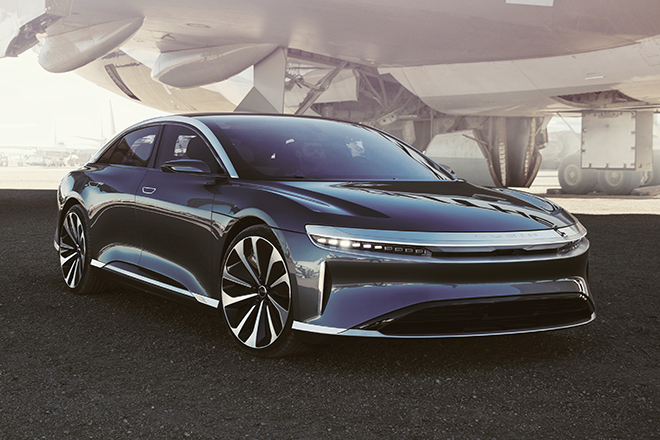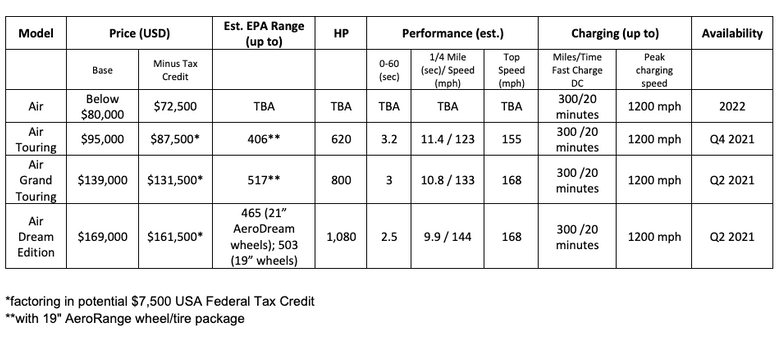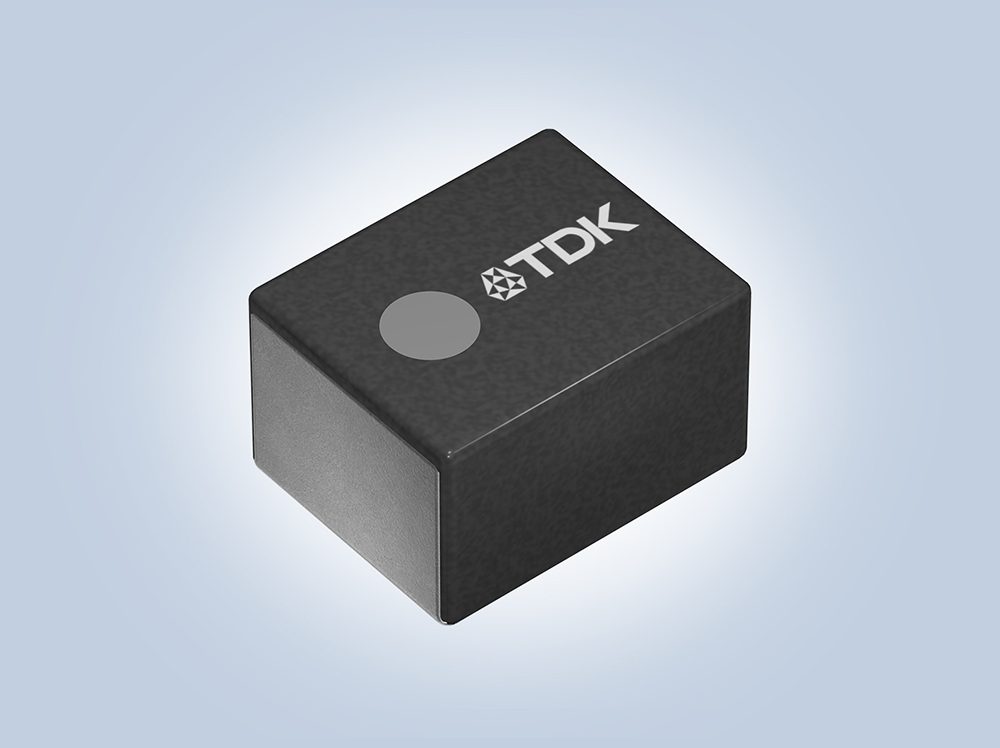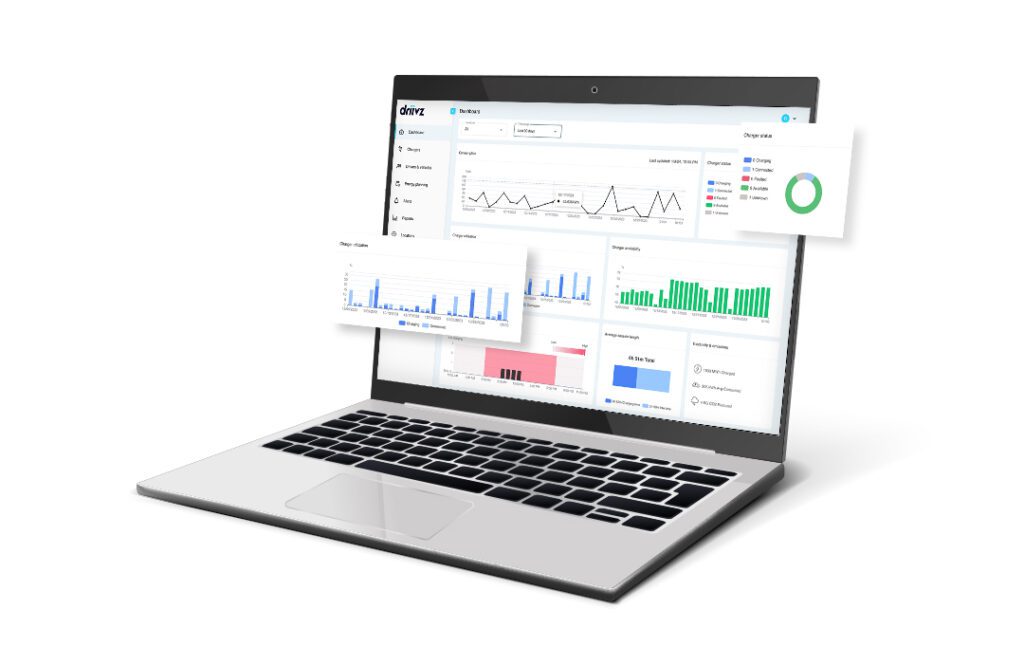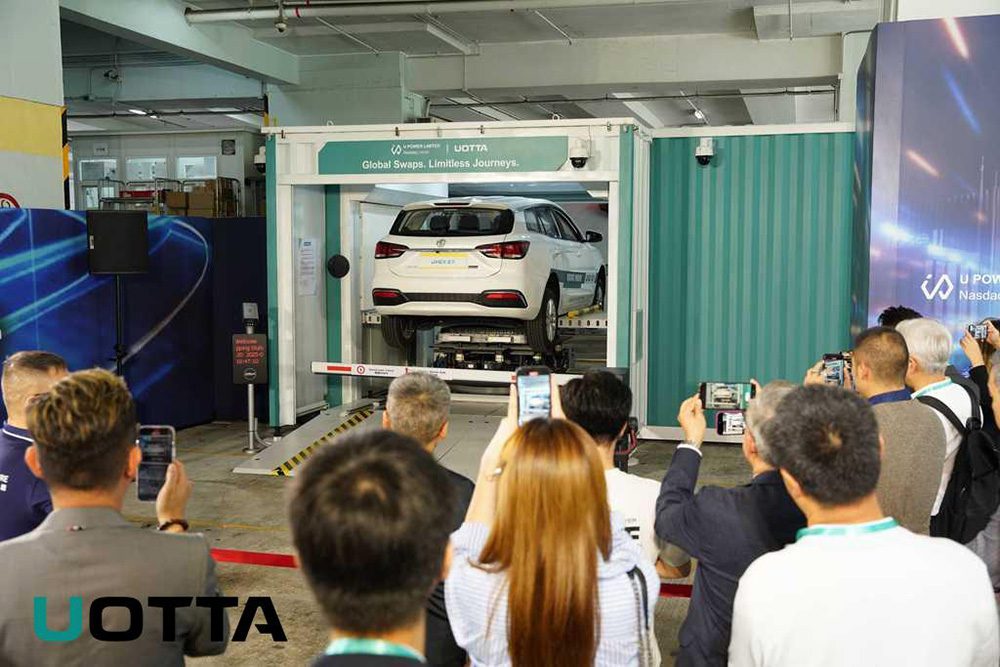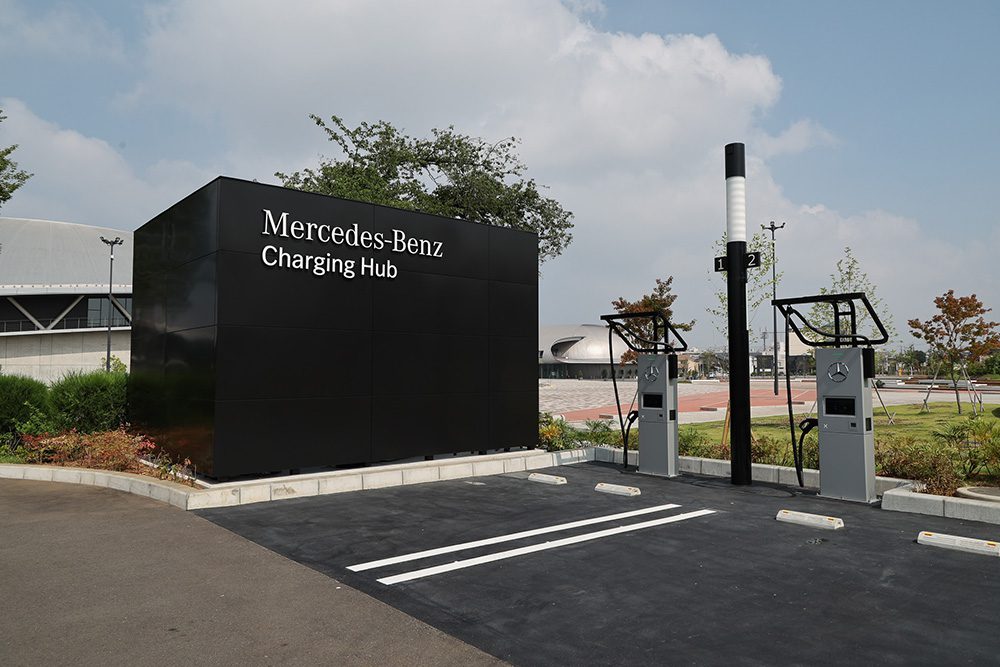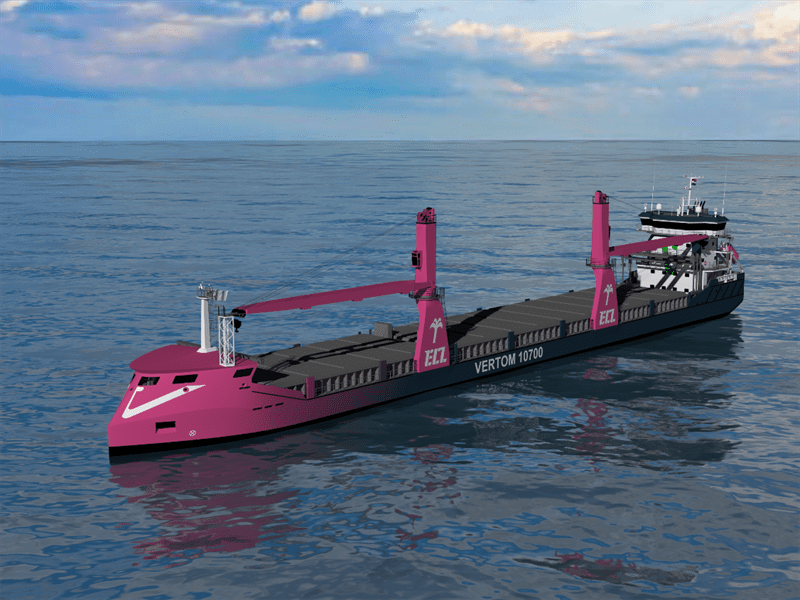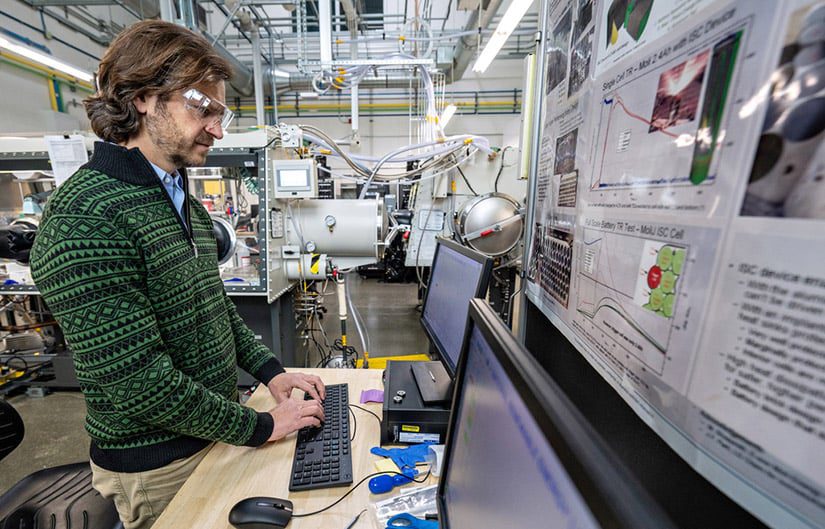In a year packed with new EV launches, few vehicles have been as eagerly anticipated as the Lucid Air. Lucid had already been around for over a decade when we profiled the company in our March/April 2018 issue. The company has built some impressive prototypes, including a converted delivery van that beat a Ferrari and a Model S in a drag race. It’s led by Peter Rawlinson, who worked at Jaguar and Lotus before becoming the Chief Engineer behind Model S.
Lucid plans to emulate Tesla’s strategy of starting with a high-priced, low-volume vehicle as a stepping stone to more mass-market models. Its first offering, the Lucid Air, is unequivocally a luxury car.
“When we embarked on the development of our first vehicle, the Lucid Air, we refused to compromise,” said VP of Design Derek Jenkins. “We decided early on that we were going to pursue every facet of performance, innovation, and luxury. The result is that we are building the best car in the world, and the numbers simply speak for themselves. What’s more, we did all this without ever sacrificing the beauty of the Lucid Air, which will stand as the first example of a car being created from a ‘clean sheet’ to leverage the total design freedom that an EV architecture provides.”
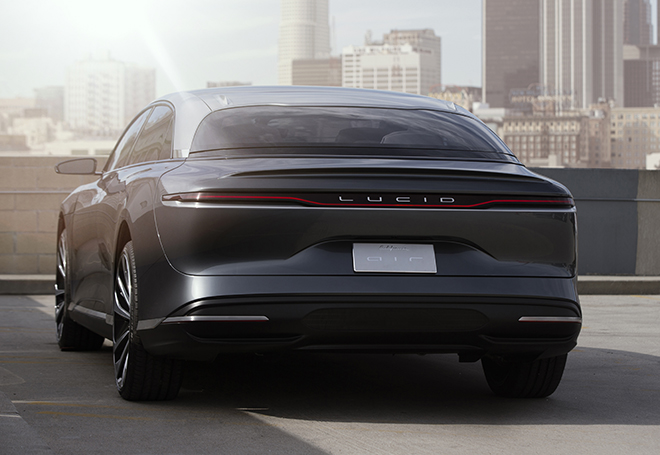
Optimizing the interior cabin space is central to the architecture of the Lucid Electric Advanced Platform (LEAP) upon which the company’s vehicles will be built. Lucid developed its EV drivetrain in-house, avoiding the “off the shelf” compromise solutions seen in EVs from legacy automakers.
The Lucid Air’s dual-motor, all-wheel-drive powertrain delivers up to 1,080 horsepower. The company says it can do the quarter mile in as little as 9.9 seconds. The 113 kWh battery pack achieves an estimated EPA range of up to 517 miles. As Rawlinson notes, range is nice, but efficiency is the real prize—the Air boasts efficiency as low as 25 kWh/100 miles.
Lucid calls its charging system the Wunderbox. It claims that the Air will be the fastest-charging EV to date. Its 900-volt system allows it to DC fast charge at rates of up to 20 miles per minute—adding 300 miles of range in 20 minutes. The Air features bi-directional charging capability, and Lucid is developing a line of residential and commercial stationary storage systems.
Over-the-air connectivity will enable future software updates.
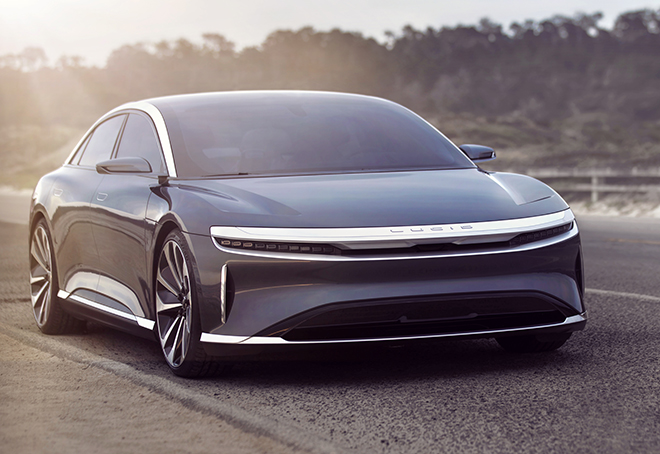
The interior features a 34-inch curved Glass Cockpit display that “floats” above the dashboard, as well as a retractable central Pilot Panel in reach of the driver and passenger that controls the vehicle’s systems and functions.
The Lucid Air’s driver-assistance system, dubbed DreamDrive, features 32 sensors, relying on vision, radar, ultrasonics and high-res LIDAR, combined with DMS and geo-fenced HD mapping, to provide Level 2 and Level 3 driver assistance technologies.
Production at Lucid’s factory in Casa Grande, Arizona, will start “in the coming months.” Lucid plans to open 20 Lucid Studios and Service Centers in North America by the end of 2021.
The Lucid Air will be available initially in North America. There will be four model ranges, and the company will follow the usual revenue-maximizing strategy of delivering the higher-priced variants first.
A limited-volume Air Dream Edition, featuring an ultra-luxurious Santa Monica-themed interior trim, will be available in spring 2021, at $169,000. Later in 2021, Lucid will deliver the Air Grand Touring version, with 800 hp of power and a $139,000 price tag; and the 620 hp Air Touring model, at $95,000. Finally, the base Air, with a starting price “below $80,000,” will arrive in 2022.
Buyers in the US and Canada can now reserve the Lucid Air with a $1,000 refundable deposit.
Source: Lucid Motors







